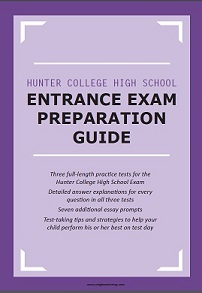SAT Prep Online|Top Tips for SAT Prep Online
/There are so many options for families who need to pursue SAT test prep, and deciding which kind of test prep is right for a student can be a difficult process. There are hundreds of different opinions floating around about private tutors, group classes, doing practice problems individually, taking SAT prep courses online , and going to review sessions at high schools in order to get ready for the SAT, so it’s important to find the right test prep match for each type of student.
Read More


